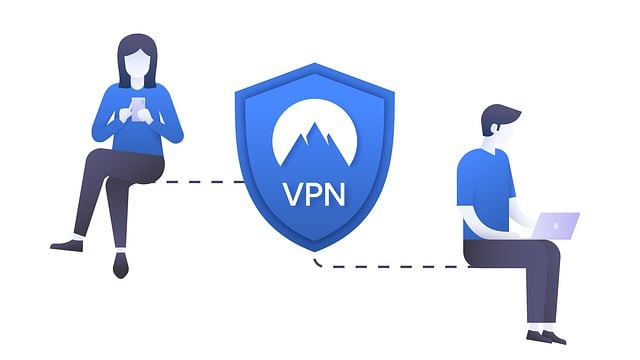In South Africa, recognizing Ponzi schemes is crucial to avoid financial fraud. These schemes promise high returns with minimal risk but operate by using new investor funds to pay existing ones. Look out for unusually high returns, continuous investment requirements, pressure tactics, and lack of transparency. Verify claims independently and consult regulated financial advisors before investing. By being aware of red flags, investors can protect their money in the dynamic South African financial landscape.
In the ever-evolving financial landscape of South Africa, understanding the insidious nature of Ponzi schemes is crucial for investors and savers alike. This comprehensive guide equips you with the knowledge needed to recognise and avoid these fraudulent investment scams. By delving into the basics of Ponzi schemes, identifying red flags specific to South Africa’s context, and learning protective measures, you can safeguard your financial future. Discover how to spot these ‘too-good-to-be-true’ opportunities and stay informed.
- Understanding Ponzi Schemes: The Basics
- Red Flags to Look Out For in South Africa
- Protecting Yourself: What You Need To Know
Understanding Ponzi Schemes: The Basics

In the world of investments, a Ponzi scheme stands out as one of the most insidious and harmful frauds. Named after Charles Ponzi, who gained notoriety in the 1920s for his deceptive mail-order investment program, these schemes promise high returns with little to no risk. The basic operation involves paying existing investors with funds from new investors, creating the illusion of successful investments. However, rather than generating profits through legitimate means, the scheme relies on a constant influx of new participants to keep it afloat. Once the flow of new investors dries up, the Ponzi collapses, leaving many victims with significant financial losses.
To recognise a Ponzi scheme in South Africa, it’s crucial to be wary of investments that promise unusually high returns with little or no risk. How To Recognise A Ponzi Scheme In South Africa involves careful scrutiny of investment opportunities that require continuous new investments to sustain payouts. Be suspicious of promises of guaranteed returns and pressure tactics used to encourage quick decisions. It’s always advisable to conduct thorough research, consult regulated financial advisors, and verify claims before investing your money.
Red Flags to Look Out For in South Africa

In South Africa, where financial schemes can be as diverse as the landscape, recognizing a Ponzi scheme is crucial for investors to protect their hard-earned money. There are several red flags that investors should look out for when considering any investment opportunity. One of the key signs is an offer that seems too good to be true, such as high returns with little or no risk. Investors should also be wary of pressure tactics, where the scheme operators urge immediate decisions without sufficient time for due diligence.
Another flag to watch for is a lack of transparency. Legitimate businesses provide clear and detailed information about their operations, investments, and financial health. If a scheme avoids sharing this information or provides vague answers, it could be a red flag. Additionally, look out for inconsistent or exaggerated claims about the success rate of previous investments. In South Africa, where a robust financial sector exists, it’s important to verify these claims through independent sources.
Protecting Yourself: What You Need To Know

Protecting yourself from investment scams, like Ponzi schemes, is crucial for any South African investor. To recognise a Ponzi scheme in South Africa, look out for unusual promises of high returns with little or no risk. If an opportunity sounds too good to be true, it probably is – especially if there’s pressure to act quickly. Be wary of investments that promise guaranteed returns, as these are red flags common in such schemes.
Educate yourself about the investment and seek independent advice before committing your money. Always verify the legitimacy of the company and its representatives by checking their registration and reviews with relevant regulatory bodies. Regularly review your investments and be alert to any unexpected changes or excessive pressure to reinvest. Remember, legitimate investments rarely promise unrealistic returns without significant risk.
In South Africa, understanding and recognizing Ponzi schemes is paramount for investors to safeguard their financial well-being. By being aware of the red flags outlined in this guide, such as unrealistic promises, lack of transparency, and early returns, individuals can protect themselves from these fraudulent investments. Educating oneself on protection methods, like diversifying portfolios and verifying claims, empowers South Africans to make informed decisions, thus avoiding the pitfalls of Ponzi schemes. Knowing How To Recognise A Ponzi Scheme In South Africa is the first step towards securing a stable financial future.

